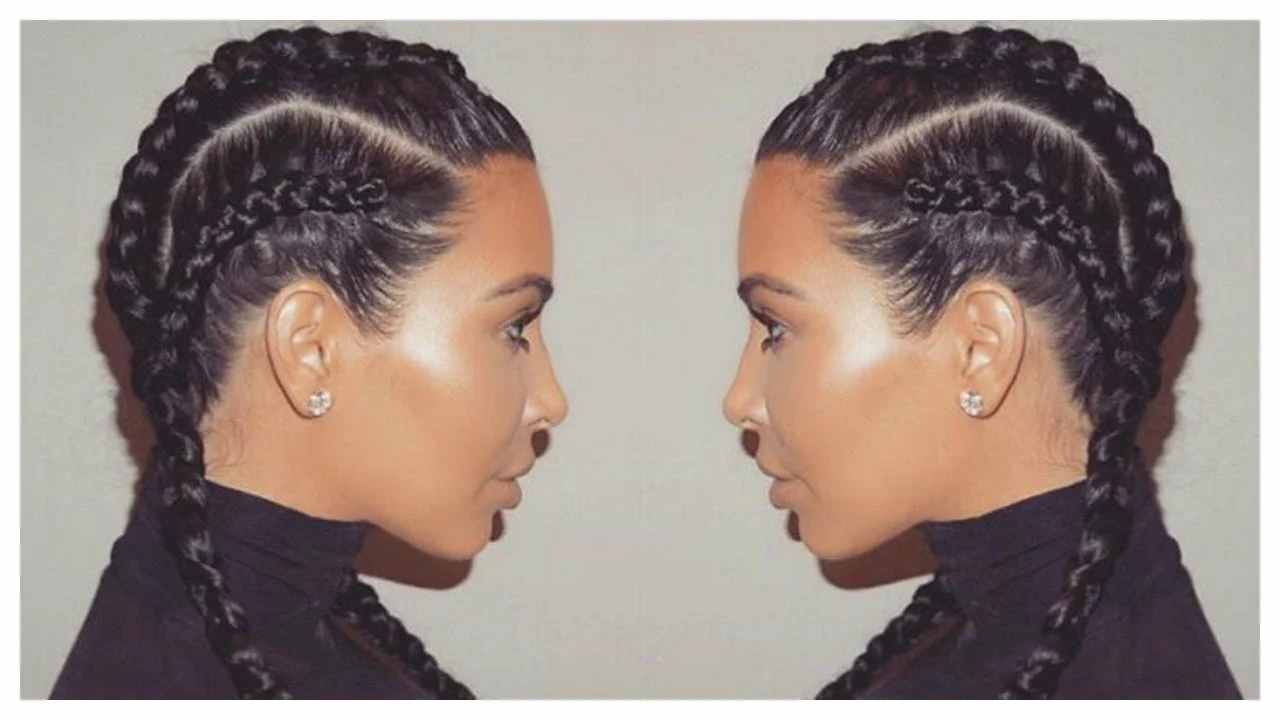Understanding the Origin and Significance of Cornrows
Cornrows have a rich, deeply rooted history in African culture, dating back thousands of years. The hairstyle was not just a fashion trend, but it played a significant role in expressing one's identity, family background, tribe, and social status. The intricate designs often conveyed powerful messages about personal beliefs and values. It was also a way of creating unity and bonding within communities. The style was passed down from generation to generation, carrying with it the rich heritage of African culture.
The Concept of Cultural Appropriation
Cultural appropriation is a sensitive issue that involves adopting aspects of a culture by people who are not members of that culture. This can include adopting traditional hairstyles, clothing, language, or cultural rituals. While borrowing and sharing between cultures is not inherently wrong, cultural appropriation becomes problematic when it is done without understanding, respect, and acknowledgment of the culture’s history and significance. It can lead to harmful stereotypes, marginalization, and erasure of the original culture.
Arabs Wearing Cornrows: Appropriation or Appreciation?
When Arabs wear cornrows, the question arises whether it's an act of cultural appropriation or appreciation. Context is key in determining this. If the individual is wearing cornrows simply as a fashion trend, without understanding or acknowledging its African origins and significance, it may be seen as cultural appropriation. This is because it reduces a deeply meaningful cultural practice to a mere aesthetic. However, if the individual is aware of the hairstyle’s cultural background, respects it, and does not claim it as their own, it can be argued that they are appreciating rather than appropriating the culture.
Respecting Cultural Boundaries
Respecting cultural boundaries is crucial in a diverse and interconnected world. It's about being mindful of our actions and the impact they may have on others. If you're an Arab and you wish to wear cornrows, take the time to understand the hairstyle's history and cultural significance. Seek permission if need be and give credit where it's due. Don't dismiss the concerns raised by members of the culture you're borrowing from. Instead, engage in open dialogue to deepen your understanding and ensure your actions are respectful.
Encouraging Cultural Exchange
Cultural exchange is a beautiful thing that has the power to bring people together, foster understanding, and create a more inclusive society. As long as it's done with respect and acknowledgment of the culture’s roots, it can be a positive force. If you're an Arab wishing to adopt cornrows, make it a point to educate others about its African origins. Use it as an opportunity to celebrate and honor African culture rather than appropriating it. Remember, cultural appreciation is always about respect and recognition, not exploitation or erasure.
